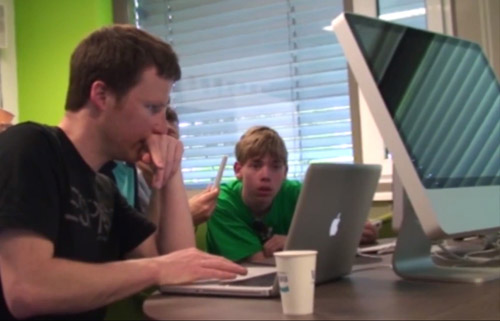
The goal of the Netherlands Wikiwijs program, when it was launched by the Dutch Ministry of Education, Culture and Science five years ago, was to mainstream the use of open education resources (“OERs”) through an Internet-based portal. The Wikiwijs program enables all teachers in the Netherlands education system (primary, secondary and higher education) to search, find, create, develop and share all forms of multimedia learning materials. The program, as its current project leader Robert Schuwer recently explained to me, has two components. The first enables teachers to find and access resources from educational and cultural institutions. The second component is open education resources (“OERs”) available under creative commons licenses where the sources of those resources are the teachers themselves. Hence, Dutch teachers are able to share their learning examples and best practices with their colleagues around the country. I asked Robert Schuwer, Associate Professor at the Open University Netherlands and a Project Leader of the Wikiwijs program, to discuss the successes and ongoing challenges of building Wikiwijs into a vibrant and enduring community based platform for all Dutch educators. Professor Schuwer is also Chairman of the Special Interest Group OER for Higher Education and Chairman of the Nominating Committee for the Open Courseware Consortium.
What are the strengths and weaknesses of the Wikiwijs program?
We now have an agenda of management of institutions for education, including higher education. Some teachers in the Netherlands had already been creating their own materials and learning tools before Wikiwijs. They had been sharing these resources in small communities of known colleagues. The strength of the Wikiwijs platform is that we are now able to make all learning materials available for all teachers in the entire country to share. Everyone can access the materials through one port of entry.
The weakness of the program is that teachers need extra time to properly develop and upload their independently created materials. Teachers have heavy workloads in the Netherlands, especially in primary and secondary education. They don’t always have time to create additional learning materials in such a way that they can be shared.
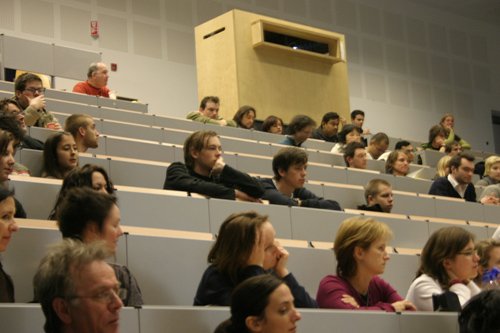
What about quality control? Can you just let teachers upload their programs without some kind of editing process?
Wikiwijs does not have an editorial board that checks materials uploaded by teachers. We have the opinion that teachers are the most capable to judge whether learning materials are of sufficient quality or not. What we do offer are opportunities for other users to add opinions about the materials such as ratings and reviews. Furthermore, we have introduced the concept of quality marks. An organization or a community that uses a quality model for its purposes can look at the materials it finds in Wikiwijs and when in accordance with its quality model, add a quality mark to it. So, this whole system is built on trust. When you trust the other users or when you trust the group that adds quality marks, then you will trust the materials.
Could you comment on any issues you face related to classifying or cataloging materials so that they can be found easily?
For describing the learning materials (metadata), we use a LOM (learning object metadata) application profile that is the standard for Dutch education. One of the metadata elements is to describe what kind of learning materials it is (source of information, closed questions, open questions, manual, tool) and its level of aggregation (e.g. lesson or series of lessons). Other mandatory metadata elements are title, description, intended end user (student, teacher) and age range.
What are you doing to ensure teachers have more time to upload resources?
We are trying to create more awareness of the advantages of OERs. For example, familiarizing teachers (educators, principals) with the value of these kinds of materials in terms of efficiency for education institutions and for all teachers in providing access to quality learning materials from other teachers nationwide. It could provide learning resources that are more up to date and materials that are helpful for specific target groups, e.g. gifted children.
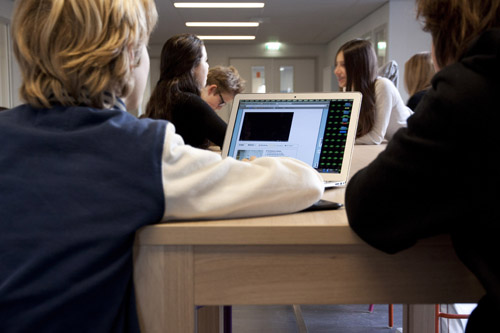
But you are still dependent on the teachers engaging with the program and uploading their independently created learning materials so these can be shared. Has that been easy?
Yes, we are dependent on the management of those teachers. They have to provide the teachers with both the time and the resources to do this. However, we have had the on-going economic crisis. Since that occurred, there have been budget cuts in education in the Netherlands. Schools have to do more with less money. The benefits of what OER materials can do for teaching in this new situation is not their biggest priority.
What other programs like Wikiwijs have you been inspired by around the world?
I do not know of another example of a program that is doing this nationally for all education sectors, i.e. primary, secondary and higher education. In terms of community-based platforms for higher education, we have looked at Merlot (Multimedia Education Resource for Learning and Online Teaching). We have looked at Connections from Rice University. We’ve also looked at the Belgium Klascement platform. These are all examples of communities of people sharing their learning materials with others.
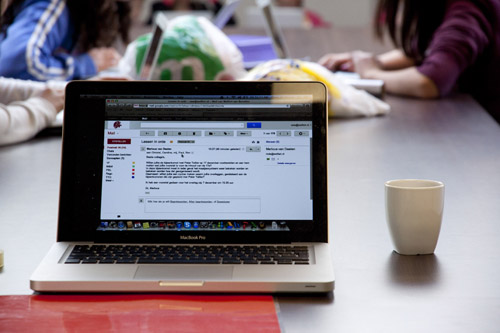
What feedback have you had from teachers who use the Wikiwijs program?
We get both positive and negative feedback. The positive feedback is that the teachers generally find what they are looking for. One of the components of the Wikiwijs platform that teachers like is a user friendly remix tool, which enables teachers to take the OERs they find and put them in a structure that enables them to create a new OER with other teachers.
Of course, we also get negative feedback from teachers who don’t find what they are looking for or find something that has poor quality. Quality is naturally a very subjective thing. Teachers have the opportunity to rate and review materials on the site.
We also have teachers who tell us they have created learning materials that they believe should belong to them, so they are not willing to share. But I believe that something paid for by taxpayers should be available for everyone. In addition, there are schools that provide teachers with the proper resources to enable them to create learning materials, and I believe these learning examples should be shared with all teachers. That should not be for discussion.
Forward thinking — five or 10 years from now — what are your goals for Wikiwijs?
My long-term goal is that open educational resources should be the default choice. In other words, when someone is creating learning materials, it should be understood that they will be shared. We should have a process to ensure that. We should also have materials of better quality that can be shared with teachers. There is still a lot to be done.
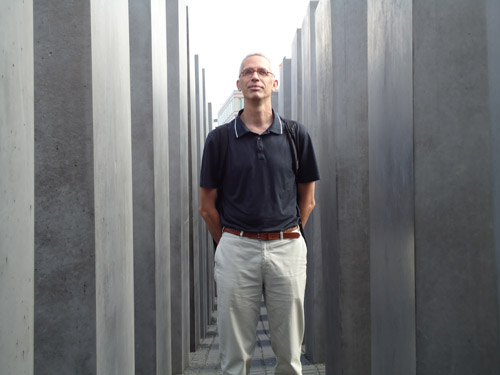
What’s the usage of Wikiwijs currently?
We are now in our fifth year; in 2012 we had 650,000 downloads from the Wikiwijs platform and we had approximately 1300 uploads directly to the platform. I do not know how many uploads there have been to other repositories that are harvested by Wikiwijs. I am pleased with the number of downloads but not as pleased with the uploads as I would like to see contributions be higher. That’s a problem that all community-sharing platforms have, including Wikipedia.
Teachers can learn so much from each other. It would be wonderful if all were able to share their knowledge with their peers. Am I simplifying it too much?
No, you are not. However, Wikiwijs itself needs to continue to improve its product, which it has done over the last four years. We use the feedback we get from teachers to improve the platform. For example, when users share materials with Wikiwijs, we don’t always get feedback through the platform from other users. The majority is not using our features, so a lot of shared materials remain unrated.
When people come to the Wikiwijs platform, they need to feel it is a vibrant community, and we need to keep working on this. Other feedback we have received from teachers is that some kind of system which rewards teachers for doing things on the platform would be good. As an example, when a teacher is rating or reviewing learning materials, she/he can be recognized for this action with the use of badges. This would encourage more teachers to share and become part of the community. Those are things we must continue to work on.
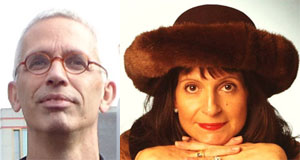
Photos courtesy of the Wikiwijs program.
In The Global Search for Education, join me and globally renowned thought leaders including Sir Michael Barber (UK), Dr. Michael Block (U.S.), Dr. Leon Botstein (U.S.), Professor Clay Christensen (U.S.), Dr. Linda Darling-Hammond (U.S.), Dr. Madhav Chavan (India), Professor Michael Fullan (Canada), Professor Howard Gardner (U.S.), Professor Andy Hargreaves (U.S.), Professor Yvonne Hellman (The Netherlands), Professor Kristin Helstad (Norway), Jean Hendrickson (U.S.), Professor Rose Hipkins (New Zealand), Professor Cornelia Hoogland (Canada), Honourable Jeff Johnson (Canada), Mme. Chantal Kaufmann (Belgium), Dr. Eija Kauppinen (Finland), State Secretary Tapio Kosunen (Finland), Professor Dominique Lafontaine (Belgium), Professor Hugh Lauder (UK), Professor Ben Levin (Canada), Lord Ken Macdonald (UK), Professor Barry McGaw (Australia), Shiv Nadar (India), Professor R. Natarajan (India), Dr. Pak Tee Ng (Singapore), Dr. Denise Pope (US), Sridhar Rajagopalan (India), Dr. Diane Ravitch (U.S.), Richard Wilson Riley (U.S.), Sir Ken Robinson (UK), Professor Pasi Sahlberg (Finland), Andreas Schleicher (PISA, OECD), Dr. Anthony Seldon (UK), Dr. David Shaffer (U.S.), Dr. Kirsten Sivesind (Norway), Chancellor Stephen Spahn (U.S.), Yves Theze (Lycee Francais U.S.), Professor Charles Ungerleider (Canada), Professor Tony Wagner (U.S.), Sir David Watson (UK), Professor Dylan Wiliam (UK), Dr. Mark Wormald (UK), Professor Theo Wubbels (The Netherlands), Professor Michael Young (UK), and Professor Minxuan Zhang (China) as they explore the big picture education questions that all nations face today. The Global Search for Education Community Page
C. M. Rubin is the author of two widely read online series for which she received a 2011 Upton Sinclair award, “The Global Search for Education” and “How Will We Read?” She is also the author of three bestselling books, including The Real Alice in Wonderland.


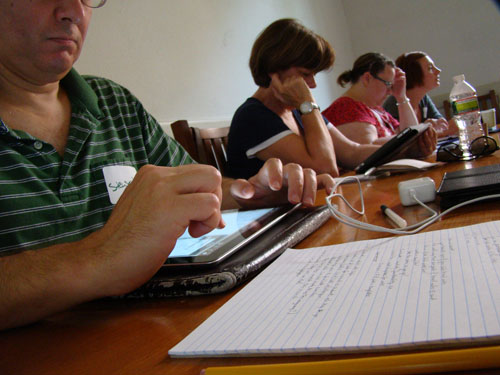
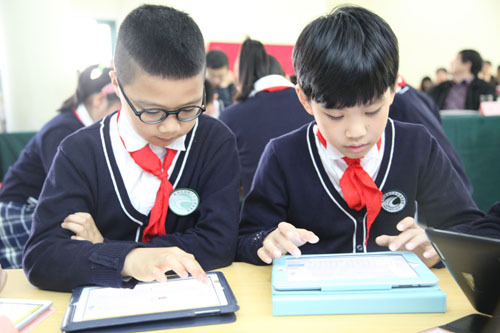
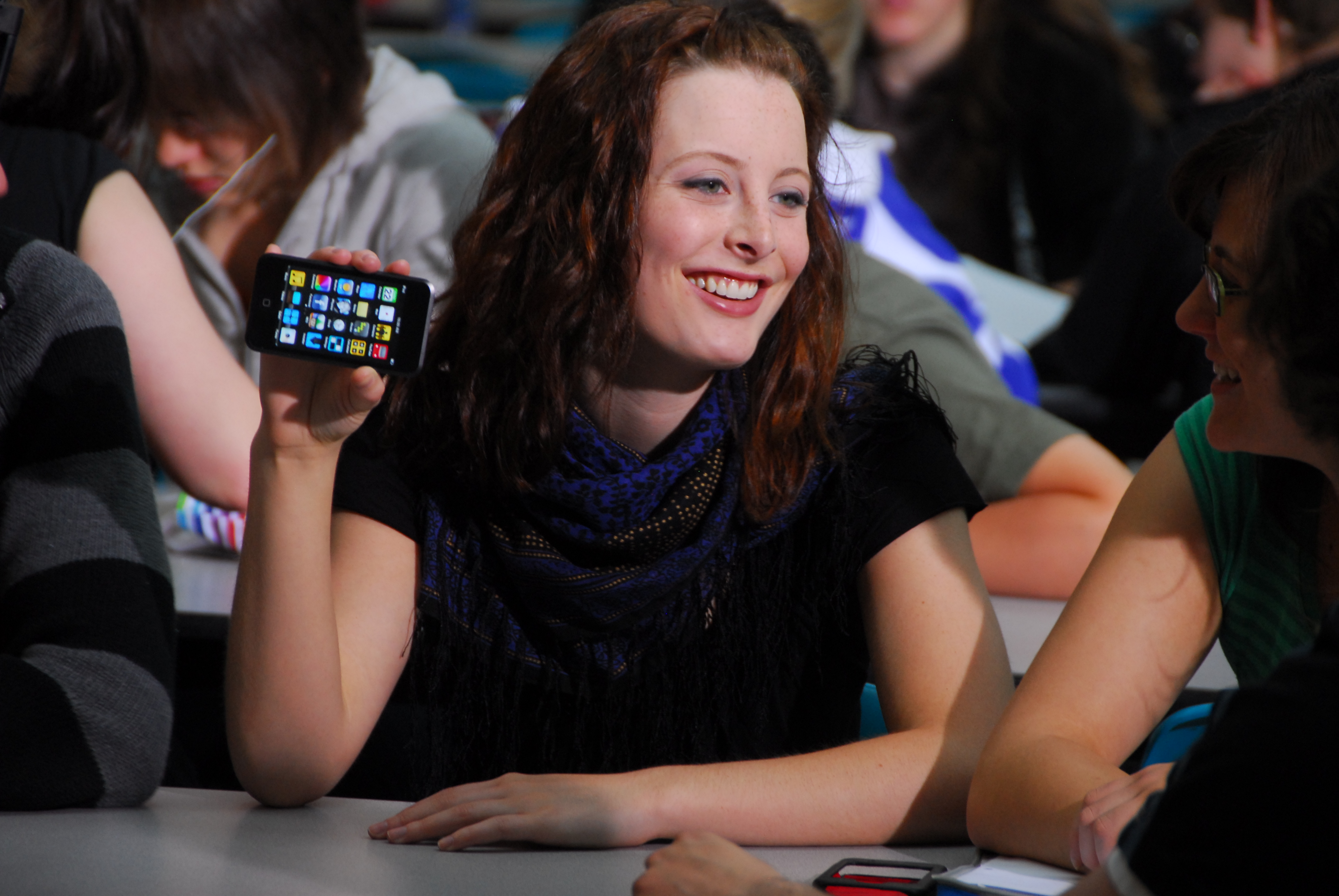
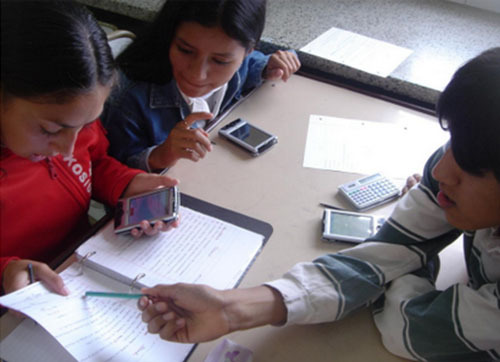
Recent Comments